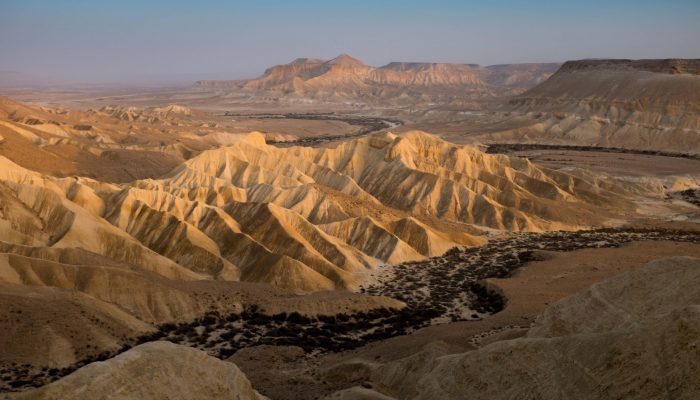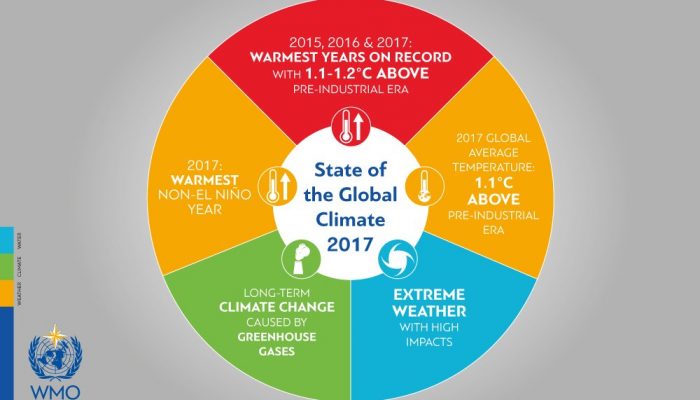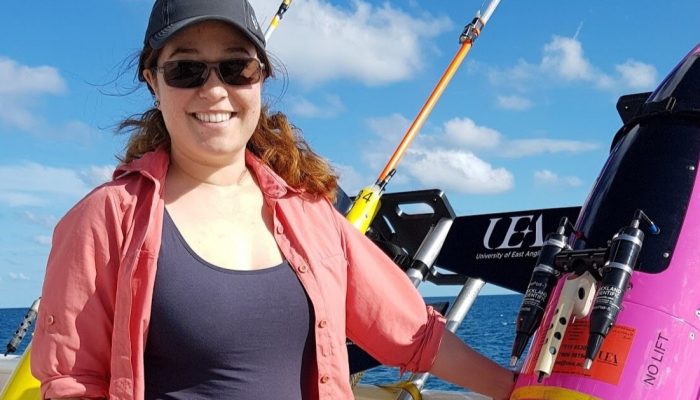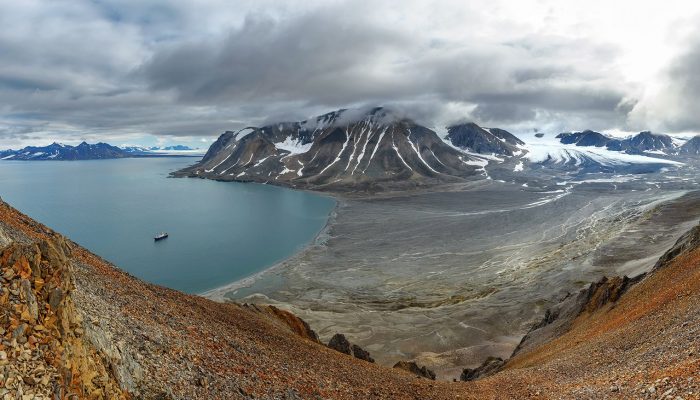This is a photograph of Zin (or Tzin) Valley, taken from Midreshet Ben Gurion at Sede Boker, Negev Desert in Israel. The Zin Valley takes its name from the River Zin, which is now a dry river except for a few days of the year when heavy rainfall can form dangerous flash floods. The River Zin originates from the Makhtesh Ramon (Crater Ramon), the biggest erosion crater in the world. It is located a ...[Read More]
Imaggeo on Mondays: The birth of a new ocean




